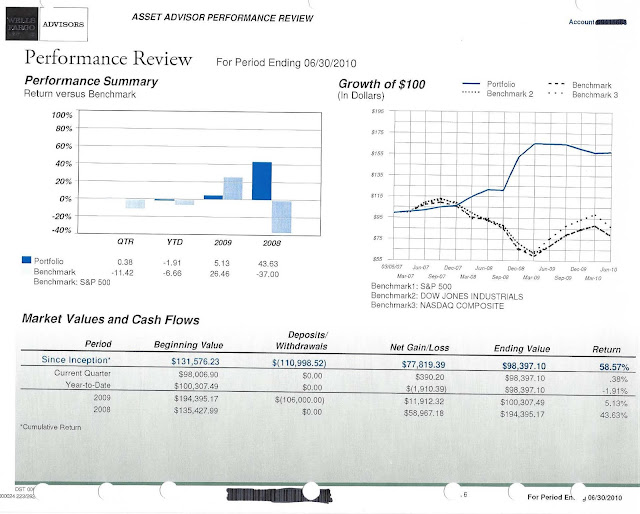

Galvin again: “The complaint lays bare the culture at Morgan Stanley …. Products are pushed to gain market share and benefit the firm and those broker-advisors and they are pushed absent any disclosures to clients of the incentives and their conflicts.

The alleged practices are obviously anti-fiduciary. The complaint sets out Morgan Stanley policies and compensation incentives that Galvin alleges help broker-advisors “Push banking and lending products on clients.” Those incentives includes quarterly awards for managers, “net award” incentives for broker-advisors and $50 for assistants for each application processed. The complaint also alleges “incessant monitoring and tracking to pressure” broker-advisors.Īn (unnamed) former Morgan Stanley broker-advisor who opposed the program is quoted as saying, “I felt my role as a financial advisor and fiduciary was to help customers save and make money and not go into bad debt.” Galvin alleges that “Morgan Stanley’s firm-wide culture emphasizes the aggressive cross-selling of banking and lending.” Morgan CEO James Gorman affirms this point, according to Galvin, when he stated in 2014, “We drove new production records in mortgage and securities-backed lending.” Hours later, Massachusetts securities regulator, Secretary William Galvin, files an “administrative complaint” against Morgan Stanley, charging the firm operated a “sales contest” that was “unethical and dishonest.” While the complaint alleges a sales contest, the larger point regards firm-wide policies and practices. To understand the “corporate culture,” Gerstner advises to forget the statements, and quips, “People do not do what you expect but what you inspect.” Statements of values or virtues don’t instill a corporate culture.

Gerstner wastes no time criticizing the (unnamed) CEO overseeing a “recent retail banking debacle” for saying, employees “Did not do the thing we asked, namely to ‘Put the customer first.’” Gerstner highlights what he says is a fallacy in executive ranks: that corporate statements of values instill “corporate culture.” The Mass suit suggests why it may be the best. The Journal piece by Lou Gerstner, former IBM CEO, may be the briefest (642 words) “advice” on the DOL rule. With Fiduciary September 2016 just complete, two unrelated items on October 3 rd – one a regulatory action by Massachusetts and the other a Wall Street Journal Op-Ed – remind us why Fiduciary September exists and what a strong sales culture can mean. Originally published on, October 11, 2016


 0 kommentar(er)
0 kommentar(er)
